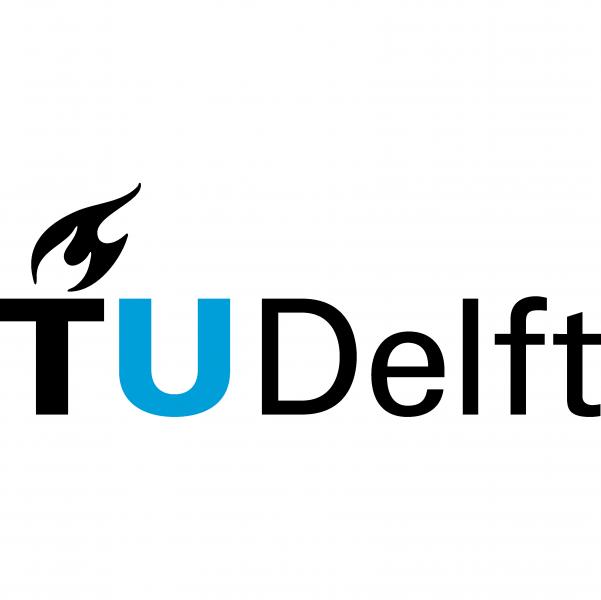10 PhD Postitions: Engineering Social Technologies for a Responsible Digital Future
Prof. Dirk Helbing will in conjunction with the Delft University of Technology staff supervise a new PhD program. We are looking for 10 PhD candidates with a background in computational social science, data science, computer and engineering science, socio-physics, econo-physics, or similar, to jointly study and design complex socio-technical systems.
Text below is from the external pagewebsite of the TU Delftcall_made:

The Faculty of Technology Policy and Management at Delft University of Technology focuses on complex socio-technical systems and infrastructures in energy, mobility, water management and infrastructures.
The Faculty of TPM is looking for 10 PhD candidates with a background in computational social science, data science, computer and engineering science, socio-physics, econo-physics, or similar, to jointly study and design complex socio-technical systems. Understanding complex socio-technical systems in a digital world requires advanced modeling, utilizing the potential of the Internet of Things (IoT) as well as big and smart data. In order to achieve this, participatory and crowd-sourced approaches to data collection and model validation are needed. A range of issues regarding ethics, systems and governance (access, reliability, accountability and security, safety, privacy) are essential in our approach.
Your PhD project will be part of a research community at Delft University of Technology that is part of an excellent EU research network and harnesses the potential of Big Data, the Internet of Things, and Computational Social Science.
Research projects are related with the external pageNervousnetcall_made project and are all concerned with some aspect of participatory information systems, decentralized and participatory models of governance and crowd sourced solutions and could be about: new forms of social sensing, new reputation systems, new social coordination systems, new privacy respecting technologies, gamification, augmented reality, interactive discovery, social and pluralistic information filtering, collective intelligence, online deliberation platforms, IoT-based real-time measurements of externalities, multi-dimensional value exchange systems, coordination or co-creation tools and other digital assistants, potentially using Artificial Intelligence and Virtual Reality approaches.
PhD candidates will be jointly supervised by Prof. Dirk Helbing (ETH Zurich and Delft University of Technology, initiator of the external pageFuturICTcall_made and external pageNervousnetcall_made projects) in conjunction with Delft University of Technology staff.
PhD candidates should elaborate frameworks, theories, models, and tools, for example, innovative data science approaches and data collection, analysis and visualization platforms. Advanced skills in programming and formal methods are required, as well as great affinity with social and global issues, excellent English language skills, social skills, and team spirit. The candidates should appreciate an international and highly interdisciplinary environment.
